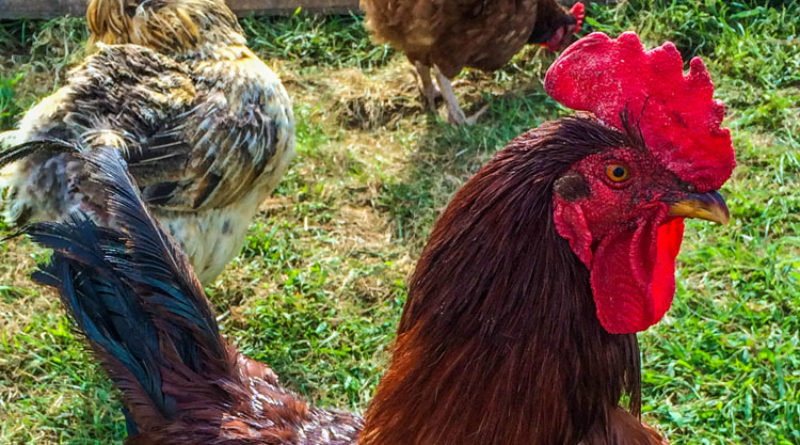Committee of the Whole hatching ideas for residential hen bylaw
By John Watson Local Journalism initiative Reporter
The Town of Strathmore is taking another crack at a potential bylaw which, if passed, would introduce urban agriculture to residents.
Administration was tasked with drafting a bylaw outlining the role, requirements and expectations to licensing and housing hens within a residence.
As part of the development of the bylaw, town administration compared similar bylaws from other municipalities including Innisfail, Lacombe, Vancouver, Wood Buffalo and St. Albert.
Intending not to wing it, or ruffle any feathers, Claudette Thorhaug presented to council during the April 13 Committee of the Whole meeting.
The bylaw, as it was presented to the Committee of the Whole, only specified the keeping of hens on a residential property, including details regarding their husbandry and licensing, as well as penalties for mistreatment and mishandling.
According to the bylaw under development, an applicant wishing to obtain a hen license would have to provide proof of prior experience in training or hen keeping before a license may be issued. Councillor Brent Wiley inquired about this article.
“I’ve reached out to a group in Calgary who put on these urban hen courses – it’s kind of like chicken 101,” explained Thorhaug. “You just sign up … and they (provide) all the information that you need to know going into what your role and responsibility is.”
Thorhaug added courses such as this are designed to dissuade foul play and poor husbandry of animals, should a resident decide to engage in hen keeping.
Outlined in the bylaw includes a hen license fee that a resident would have to shell out in order to legally keep the animals. The fee as presented was $50 per license, which would allow for the housing of between two and four hens on a property.
“The fee, looking at other bylaws is kind of in line … near the middle-lower end. This isn’t set, it’s just a gauge from other municipalities,” explained Thorhaug.
Another option which would be available to explore would be a fee per hen. The license would also be required to be renewed on an annual basis.
Councilor Melissa Langmaid inquired into the clause within the bylaw detailing the minimum age of domestic hens being 16 weeks as opposed to, as an example, newly hatched birds.
“From doing some research, there are many families around easter time who are gung-ho about getting these baby chicks and the survival rate as they get older isn’t as consistent as if you get them at 16 weeks,” said Thorhaug. “Kids lose interest in them, they’re not as cute, so the four-month chickens are more set up to survive by that time.”
Council accepted the presentation and the bylaw will be brought before council again on April 20 during the regular council meeting.

